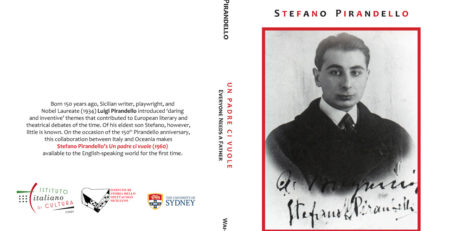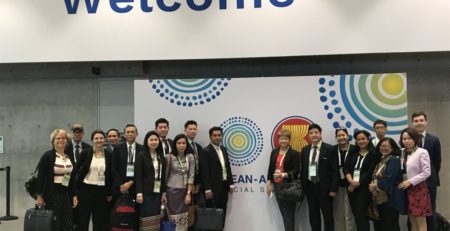Kylie reports on the AUSIT NSW Mini Conference: Identifying and Implementing Quality in Translation and Interpreting
On Friday 13 November, the AUSIT mini-conference was held in Y3A centre at Macquarie University. About ninety people participated and shared ideas on quality in translation and interpreting. Participants included translators and interpreters, language service users, academics, practitioners and PhD students.
The national president of AUSIT, Prof Sandra Hale, made a plenary speech highlighting how important it is to do research on your own T & I work and how this leads to positive changes. Her current projects are especially valuable because her findings are encouraging organisations (service users) to accept recommendations from the T & I sector. For instance, new court designs are taking interpreters into account.
Dr Stephen Doherty, a lecturer and researcher of UNSW, spoke about Machine Translation Quality: Managing Expectations and Mitigating Risk. People are concerned about the risks of using online translation systems but at the same time, more and more internet users enjoy the immediacy and easy access to translations. Some negatives were that online systems give no indication of where the translations have come from, can devaluate the translator’s role and there is no liability. Some positives the speaker mentioned were that online translation systems are useful for research and training, can increase awareness of translation and allow diverse language directions.
The next speaker was Sophia Ra, a PhD candidate at UNSW. Her study on “interpreter-mediated medical encounters between Korean patients and English-speaking medical professionals” points out that there are still cross-cultural issues. The current guidelines that are used by medical professionals were mentioned as an example. Recommendations on how to approach a patient who is from a different background/culture were sometimes too generalised. She emphasized that we should remember that interpreters are not cultural advisors and we should let patients decide what their culture is.






